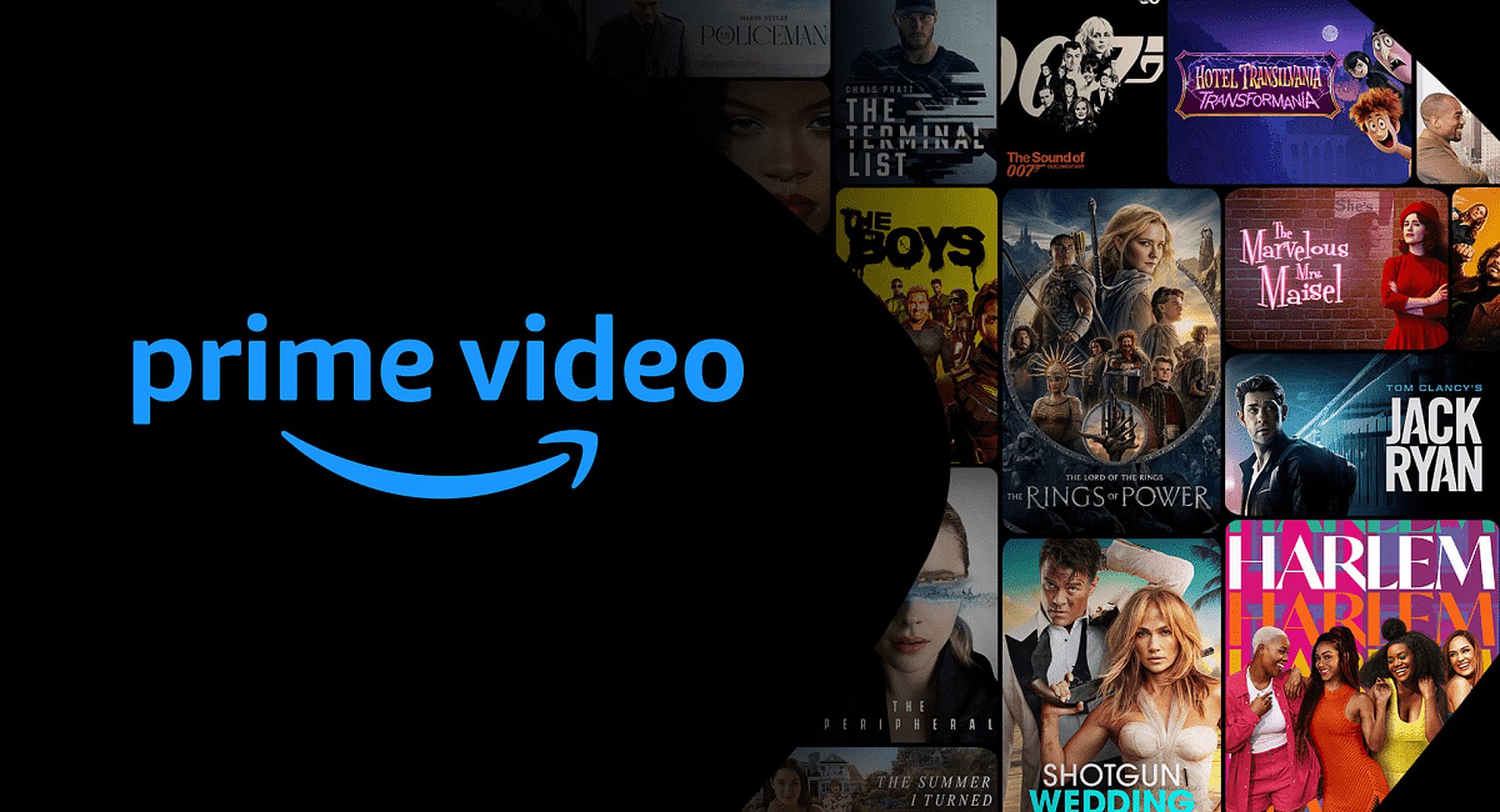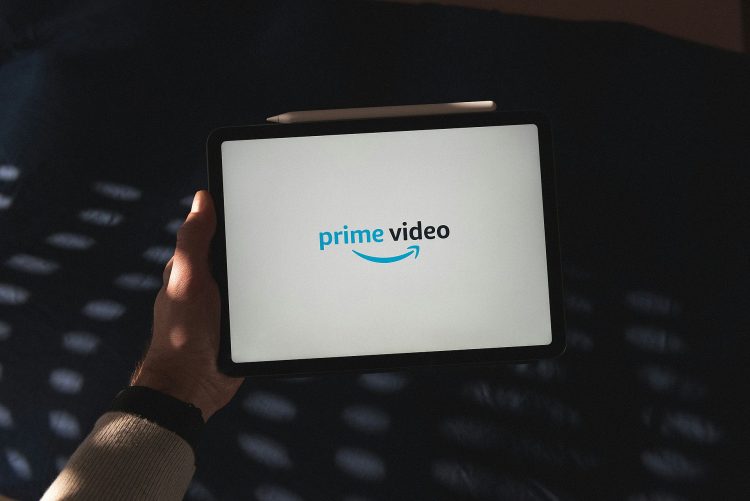The Amazon Prime Video lawsuit has stirred up a storm among subscribers, marking a clash between consumers and the tech giant over changes to its popular subscription service. What began as a convenience for millions of Prime members has evolved into a legal battle. Now, they’re taking Amazon to court, saying they feel cheated. So, are they? Let’s take a closer look and find out.
Amazon Prime Video lawsuit explained
The Amazon Prime Video lawsuit stems from a class-action filing in a federal court in California, which alleges that Amazon breached its contract and violated consumer protection laws by introducing an ad-supported tier as the standard offering for its Prime subscription service. The lawsuit, initiated last Friday, targets Amazon’s alteration of subscription terms for its over 100 million Prime members, who were initially promised an ad-free streaming experience as part of their subscription package.

The controversy began in 2023 when Amazon announced its intention to incorporate advertisements into all Prime Video content, which was implemented the following year. This shift not only introduced ads but also required subscribers to pay an additional $2.99 monthly fee to access an ad-free viewing experience. Subscribers who had opted for annual subscriptions felt particularly aggrieved by this change, perceiving it as a breach of the original terms they had signed up for.
Amazon Prime Video lawsuit accuses the firm of deceiving its Prime members by initially marketing Prime Video as “commercial-free” before introducing the ad-supported version. This alleged deception is seen as damaging to consumer trust and fair competition in the marketplace. The plaintiffs seek damages of at least $5 million and a judicial injunction to halt Amazon’s alleged deceptive practices, particularly targeting subscribers who joined before December 28, 2023.
This legal action is not an isolated incident for Amazon. In a related development, the Federal Trade Commission (FTC) filed a lawsuit against the tech giant last year, alleging misleading enrollment practices for Prime and complicating cancellation procedures. The FTC’s complaint highlighted Amazon’s use of manipulative interfaces to auto-renew subscriptions, underscoring the significance of Prime in binding consumers to Amazon’s ecosystem.
Furthermore, the FTC has taken Amazon to court over anticompetitive practices, with attorneys general from 17 states supporting the lawsuit. As legal proceedings unfold, Amazon remains steadfast in its defense, citing terms of use and licensing limitations to justify its actions.
The outcome of these legal battles carries broader implications for the digital marketplace and consumer rights. With increasing scrutiny on Amazon’s practices, the resolution of these conflicts could shape the future landscape of streaming services and online commerce. As such, the Amazon Prime lawsuit represents a pivotal moment in the ongoing discourse surrounding tech giants’ market dominance and the protection of consumer interests.
Featured image credit: Thibault Penin/Unsplash





